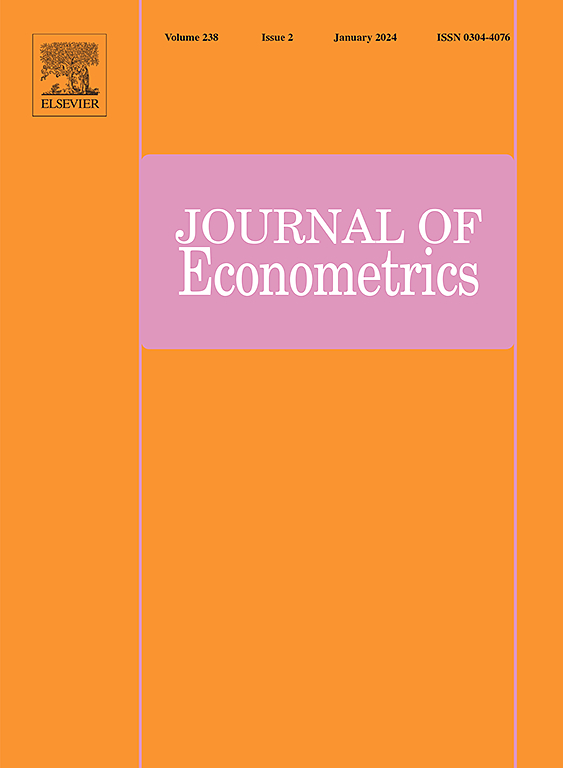超高维分位数回归的特征分割算法
IF 4
3区 经济学
Q1 ECONOMICS
引用次数: 0
摘要
本文研究了具有超高维预测因子的惩罚分位数回归(PQR)的计算问题。针对PQR已经开发了各种算法,但由于存储和可扩展性的限制,它们在超高维预测器的存在下变得无效和/或不可行。将普通乘法器交替方向法(ADMM)直接应用于超高维PQR的特征分割算法的变量更新模式可能导致算法无法收敛。为了解决这一问题,我们提出了一种基于三块ADMM的高效并行化的超高维PQR算法。该算法与并行计算的兼容性缓解了大规模数据处理中单机存储和可扩展性的限制。我们建立了新算法的收敛速度。此外,通过蒙特卡罗仿真,将所提算法的有限样本性能与现有算法进行了比较。数值比较表明,该算法明显优于现有算法。我们通过对真实世界数据集的实证分析进一步说明了所提出的算法。本文章由计算机程序翻译,如有差异,请以英文原文为准。
Feature-splitting algorithms for ultrahigh dimensional quantile regression
This paper is concerned with computational issues related to penalized quantile regression (PQR) with ultrahigh dimensional predictors. Various algorithms have been developed for PQR, but they become ineffective and/or infeasible in the presence of ultrahigh dimensional predictors due to the storage and scalability limitations. The variable updating schema of the feature-splitting algorithm that directly applies the ordinary alternating direction method of multiplier (ADMM) to ultrahigh dimensional PQR may make the algorithm fail to converge. To tackle this hurdle, we propose an efficient and parallelizable algorithm for ultrahigh dimensional PQR based on the three-block ADMM. The compatibility of the proposed algorithm with parallel computing alleviates the storage and scalability limitations of a single machine in the large-scale data processing. We establish the rate of convergence of the newly proposed algorithm. In addition, Monte Carlo simulations are conducted to compare the finite sample performance of the proposed algorithm with that of other existing algorithms. The numerical comparison implies that the proposed algorithm significantly outperforms the existing ones. We further illustrate the proposed algorithm via an empirical analysis of a real-world data set.
求助全文
通过发布文献求助,成功后即可免费获取论文全文。
去求助
来源期刊

Journal of Econometrics
社会科学-数学跨学科应用
CiteScore
8.60
自引率
1.60%
发文量
220
审稿时长
3-8 weeks
期刊介绍:
The Journal of Econometrics serves as an outlet for important, high quality, new research in both theoretical and applied econometrics. The scope of the Journal includes papers dealing with identification, estimation, testing, decision, and prediction issues encountered in economic research. Classical Bayesian statistics, and machine learning methods, are decidedly within the range of the Journal''s interests. The Annals of Econometrics is a supplement to the Journal of Econometrics.
 求助内容:
求助内容: 应助结果提醒方式:
应助结果提醒方式:


